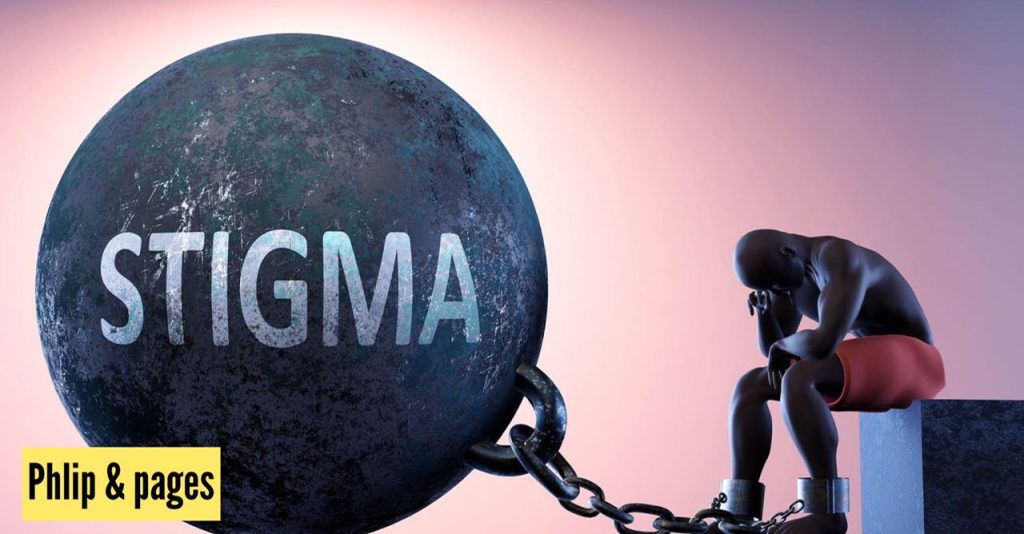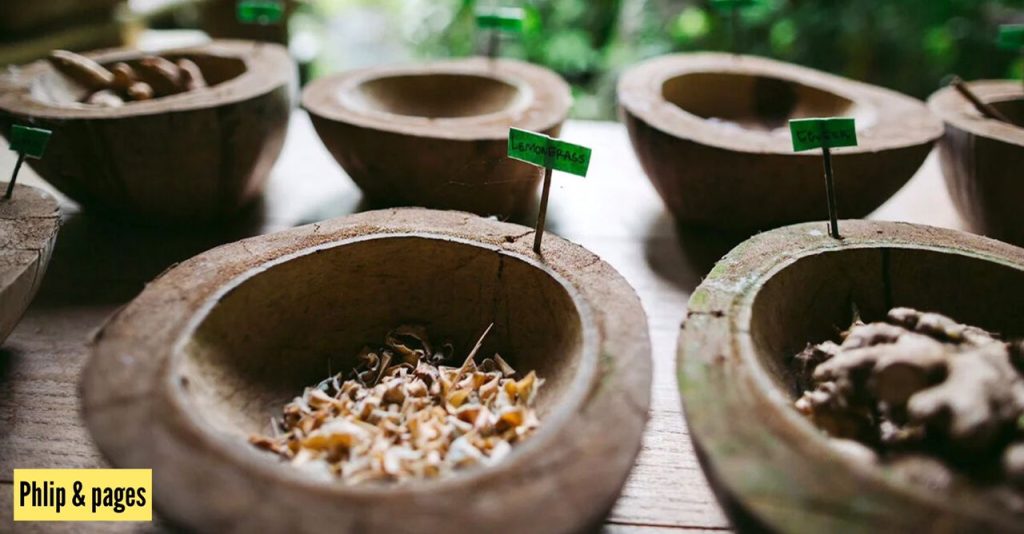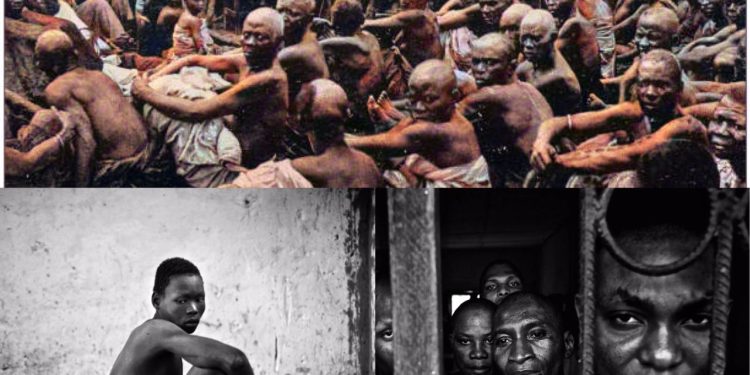The legacy of colonialism in Africa extends beyond political and economic realms. It has also had a profound impact on the mental health and well-being of African communities. This article aims to explore the influence of colonialism on African mental health, highlighting how indigenous healing practices can offer valuable insights for addressing contemporary mental health challenges.
Cultural Disruption and Loss
Colonial rule eroded traditional African cultures, leading to a disconnection from ancestral knowledge and healing practices. With the imposition of Western values, belief systems, and medical models, indigenous approaches to mental health were marginalized or even stigmatized. Consequently, Africans experienced cultural disruption that affected their sense of identity and contributed to increased psychological distress.
Stigma Surrounding Mental Health

Colonial influences perpetuated negative attitudes towards mental illness within African societies. European perspectives often deemed spiritual beliefs or alternative healing methods as primitive or superstitious without recognizing their value in promoting holistic well-being. As a result, individuals with mental health conditions faced stigma and discrimination within their own communities.
Eurocentric Mental Health Paradigm
Western psychiatric frameworks dominated by diagnostic labeling have been widely adopted across Africa since colonial times but may not fully capture culturally specific experiences or understandings of distress. Emphasizing individual pathology rather than considering broader social determinants can limit effective interventions for addressing complex mental health issues.
Rediscovery of Indigenous Healing Practices

Efforts are underway to reclaim indigenous healing practices as valid forms of therapy for improving African mental health outcomes holistically. By incorporating traditional rituals, storytelling, community support networks, herbal medicine use (ethnobotany), music therapy, dance movements, and spirituality-based approaches; Africans are reconnecting with their heritage while embracing culturally relevant pathways towards healing.
Reintegration into Modern Healthcare Systems
Recognizing the importance of integrating traditional healing practices into modern healthcare systems is vital. Collaboration between traditional healers and mental health professionals can bridge the gap between Western medical models and indigenous knowledge, promoting a more comprehensive approach to mental health care.
Community Empowerment and Education

Education plays a crucial role in challenging colonial narratives surrounding mental health while empowering communities to reclaim their cultural heritage. By raising awareness about the impact of colonization on African mental health and promoting dialogue around traditional healing practices, individuals can regain pride in their identity while fostering community support networks for improved well-being.
Summary
The influence of colonialism on African mental health cannot be underestimated. However, there is growing recognition of the importance of rediscovering indigenous healing practices as valuable resources for addressing contemporary challenges. By embracing culturally relevant approaches, integrating traditional healing into modern healthcare systems, challenging stigma, and empowering communities through education; Africans can reclaim agency over their own mental well-being while honoring their rich cultural heritage.
















